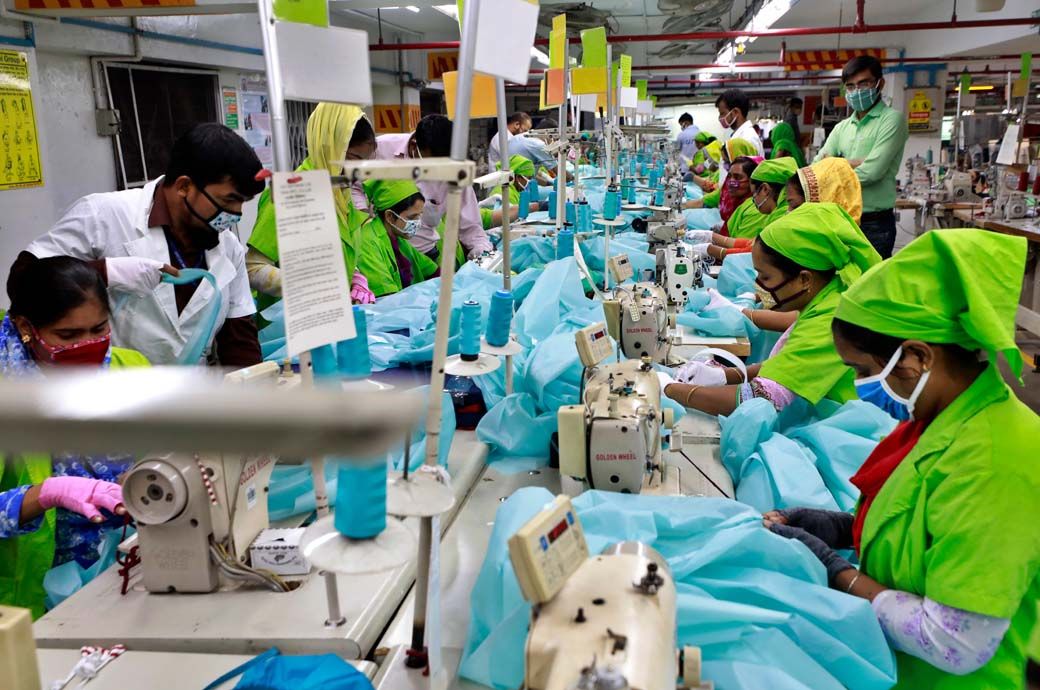
The problems include lack of linkage in the value chain, bottlenecks in dyeing, low-quality of human resources, heavy reliance on intermediaries for export and low efficiency.
The proposal enumerates eight tasks. The first is to closely update information about the sector to accurately understand its situation and demands. The second is researching and applying innovation in green and renewable production technology and materials.
The third is to support green transformation projects, wastewater and chemical treatment, and renewable energy. The fourth is to support fashion and eco-design, brand building and promotion activities.
The fifth is to collaborate with foreign partners to train staff in raw material production processes, particularly weaving, dyeing, finishing and sample designing.
The sixth is to provide appropriate training sessions for businesses on production management, value chain management and customer management.
The seventh is to accelerate the application of new technologies to improve efficiency, productivity and quality. The last is to enhance the capacity of training at vocational schools, universities and colleges, a news agency reported.
VITAS chairman Vu Duc Giang said the sector’s export turnover in the first two months this year was only $5.53 billion, down by nearly 20 per cent year on year. The demand abroad has reduced as inventory levels there stay high.
Fibre2Fashion News Desk (DS)